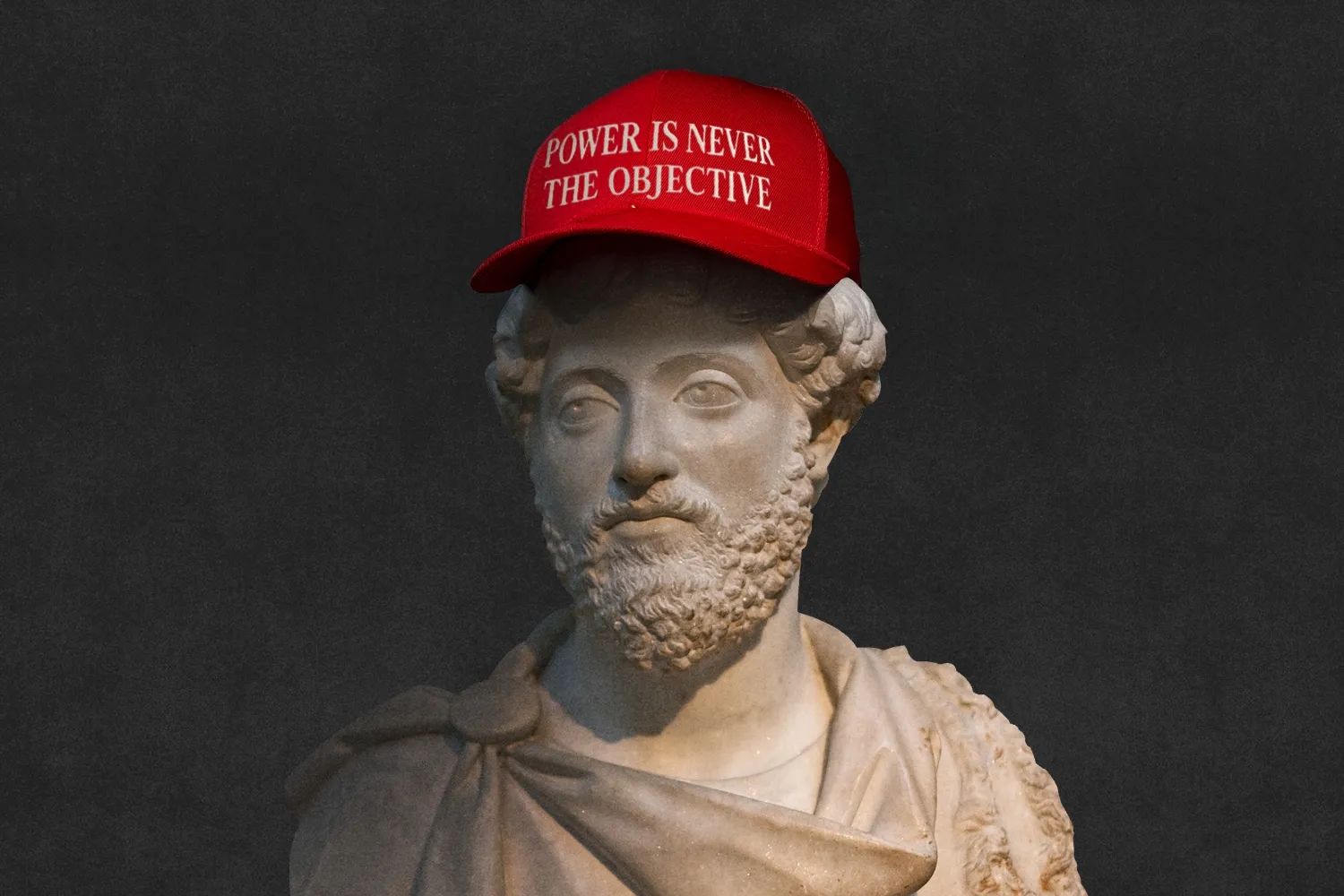China May Have a Revenge List for Tariff Wars

China May Have a Revenge List for Tariff Wars
A set of possible measures is circulating among nationalist pundits.
Chinese President Xi Jinping speaks during an international business meeting in Beijing, on March 28. Ken Ishii – Pool/Getty Images
What other measures is the Chinese government considering in response to the spiraling trade war with the United States? Two prominent Chinese pundits have both posted an identical list of potential responses on social media accounts. Neither of these is an official account, but they are both connected to officialdom; one is the personal account of Liu Hong, a senior editor at Xinhuanet, the online platform of the state media news agency. The other is a prominent nationalist account, “Chairman Rabbit,” run by the grandson of a Chinese Communist Party city chief.
The list is attributed only to “sources,” which usually means mid-tier government officials or policy advisors. Both pundits added their own commentary—Chairman Rabbit referred to the conflict as a “war without gun smoke,” a popular phrase in Chinese strategy.
What other measures is the Chinese government considering in response to the spiraling trade war with the United States? Two prominent Chinese pundits have both posted an identical list of potential responses on social media accounts. Neither of these is an official account, but they are both connected to officialdom; one is the personal account of Liu Hong, a senior editor at Xinhuanet, the online platform of the state media news agency. The other is a prominent nationalist account, “Chairman Rabbit,” run by the grandson of a Chinese Communist Party city chief.
The list is attributed only to “sources,” which usually means mid-tier government officials or policy advisors. Both pundits added their own commentary—Chairman Rabbit referred to the conflict as a “war without gun smoke,” a popular phrase in Chinese strategy.
It’s unclear where the list actually originated or how reliable it is; it may have been deliberately given to one or both of them to float as a trial balloon, or it may have been cooked up in online nationalist circles. Some of the measures would be much more damaging to China’s relationship to the United States than others. They include:
- Suspend cooperation on fentanyl
- Further restrict U.S. exports of soybeans, sorghum, and other products to China
- Restrict U.S. poultry exports to China
- Retaliatory countermeasures on services
- Reduce or ban U.S. film exports to China
- Investigate U.S. companies’ intellectual property (IP) gains in China
The first measure is both the least likely and the most dangerous. U.S. politicians have repeatedly claimed that China has failed to control the export of fentanyl or, more recently, fentanyl precursors. This has provoked ire in Beijing, which says it has done its part and describes fentanyl as a U.S. problem. Fentanyl has become a major talking point for President Donald Trump.
Cooperation on fentanyl restarted as a result of a November 2023 summit between then-U.S. President Joe Biden and Chinese President Xi Jinping, after a two-year hiatus. Breaking it off now would play into Trump’s hands and signal a serious breakdown in cooperation that could lead to the end of military deconfliction talks.
It would also indicate a poor understanding of U.S. domestic politics in Beijing. For that reason, it’s probably unlikely. The Chinese leadership’s grasp of American dynamics isn’t always great, but it has been relatively cautious since Trump’s return and is keen to present itself as a responsible partner.
The second option, further agricultural restrictions, is very likely. China has already imposed tariffs on U.S. crops, and U.S. agriculture is in a serious crisis after losing U.S. Agency for International Development contracts and government grants. China has plenty of other options for agricultural imports; soybean production in Brazil, for instance, has soared.
Poultry is an obvious target. Mocking America’s lack of eggs has become a common meme online in China. China banned U.S. poultry for years in the past during smaller trade disputes, and the current U.S. outbreak of bird flu provides an easy way for Beijing to take the high ground. China has endemic bird flu but also inoculates its poultry against it, making it difficult to export to foreign markets.
Going after U.S. services, rather than just goods, would be a major escalation and could cause a domestic panic. Education makes up the bulk of U.S. service exports in the country. Elite Chinese parents already deeply resent the government’s crackdown on private education in 2021 and are very worried about the possibility that their children could lose access to the world. At one point, I was told, Shanghai parents were stockpiling English language textbooks out of fear the subject would be removed from public schools.
That said, Chinese students have not yet been heavily targeted by the Trump administration, and if they become collateral damage from U.S. measures in the conflict, China could very well just give up entirely, with parents looking instead to Australia, Canada, or other popular destinations.
Hitting services would also risk scaring other foreign investors in China, whom Xi has tried to court of late. It could especially harm foreign health care investment, which seemed poised for a boom before COVID hit and has been recovering strongly of late.
Reducing or banning film is highly likely. Only a limited number of U.S. films reach China every year anyway, and the numbers have been slashed for far less reason in the past. The Chinese domestic film market is also booming, with massive hits like Ne Zha 2 drawing record revenue.
Finally, investigating U.S. IP in China would be a likely but largely symbolic move, since China’s IP protection for foreign firms remains poor. But it would also give wide scope for targeting specific firms, and potentially escalate into measures like detaining foreign executives.
James Palmer is a deputy editor at Foreign Policy. X: @BeijingPalmer
More from Foreign Policy
-

American flags are draped around tables and pipes in a small factory room as women work at sewing machines to produce them. Tariffs Can Actually Work—if Only Trump Understood How
Smart trade policy could help restore jobs, but the president’s carpet-bomb approach portends disaster.
-

Donald Trump looks up as he sits beside China’s President Xi Jinping during a tour of the Forbidden City in Beijing on Nov. 8, 2017. Asia Is Getting Dangerously Unbalanced
The Trump administration continues to create headlines, but the real story may be elsewhere.
-

Trump announces tariffs Trump’s Wanton Tariffs Will Shatter the World Economy
Economic warfare is also a test for U.S. democracy.
-

The Department of Education building in Washington, DC on March 24. Why Republicans Hate the Education Department
Broad popular support means that even Ronald Reagan failed at dismantling the agency.










Join the Conversation
Commenting on this and other recent articles is just one benefit of a Foreign Policy subscription.
Already a subscriber?
.
Subscribe
Subscribe
View Comments
Join the Conversation
Join the conversation on this and other recent Foreign Policy articles when you subscribe now.
Subscribe
Subscribe
Not your account?
View Comments
Join the Conversation
Please follow our comment guidelines, stay on topic, and be civil, courteous, and respectful of others’ beliefs.
Change your username |
Log out
Change your username:
CANCEL
Confirm your username to get started.
The default username below has been generated using the first name and last initial on your FP subscriber account. Usernames may be updated at any time and must not contain inappropriate or offensive language.